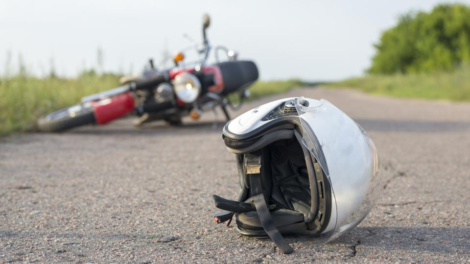We are nearing another rainy season in Southwest Florida. There, an average of 56 inches of rainfall each year, we have another rainy season. South Florida motorists need to be careful when driving through severe thunderstorms. Drivers up north have the ability to safely navigate snow and ice. I have witnessed too many avoidable accidents caused by negligent drivers in heavy rain over the years as a Tampa car crash lawyer.
While turbulent weather is a contributing factor to collisions, it does not excuse drivers who drive their cars with less care during downpours.
Florida law requires that you take reasonable care of your passengers, pedestrians, construction workers, and bicyclists when you are driving in Florida. Drivers must take all reasonable precautions to ensure safe driving at all times. Every vehicle and person within the danger zone must be treated with reasonable care. This means driving at a speed that is reasonable considering the traffic volume. However, it also means adapting one’s speed and driving behavior to weather conditions.
A driver caught in a rainstorm might be driving at the speed limit, but they are still considered negligent because of the reduced visibility and higher potential to slide.
A recent legislative decision allowing drivers to use hazard lighting in downpours underscored the danger of poor visibility during South Florida storms. Highway officials had maintained for years that flashers were only used in emergencies and that they were illegal except when stopped. There is a concern that hazards could look like police lights, brake lights, or emergency vehicle lights. This can confuse other drivers and pose a danger to their safety. However, lawmakers recognized that hazards allow motorists to spot one another better in severe weather. Drivers are now allowed to use their hazards in heavy rain or dense fog starting July 1.
While this may reduce the risk, drivers must still be vigilant and maintain proper control of their cars. A Tampa lawyer will explain that accidents involve both parties. The analysis focuses on how their actions compare with those of a prudent driver in similar circumstances. What should we expect from a prudent driver in a similar situation? Drivers should be prepared to slow down or pull over in heavy rainstorms.
These are the tips from the National Highway Traffic Safety Administration for driving in rain:
- Slow down. Wet roads are more difficult to stop or control a car. You can give yourself more time for a safe reaction if other vehicles behind you slow down or stop. Remember that rain can cause your vehicle to behave differently.
- Do not attempt to swim in rushing water. Most passenger cars can be carried away by 12 inches of water. Most trucks and sport utility cars can be carried away by two feet of water. Don’t drive on a road that is flooding, especially if it has barriers blocking the way. You should turn around.
- Be extra cautious, especially when it rains. Be extra vigilant when it is difficult to see.
- Perform regular vehicle inspections and maintenance. Many accidents are caused by drivers who have bald tires or windshield wipers. These can reduce visibility and make it difficult to see in an emergency.
- Wait for the storms to pass. Florida’s weather is unpredictable. It can arrive quickly and sometimes pass as fast as it arrives. We understand that people have plans and need to go places. However, if you wait for the storm to pass in a safe area, you may be able to avoid it or worse.
It’s a good idea to check the weather before you go out. You can almost guarantee that there will be afternoon rains during the rainy season in South Florida. You can reduce your chances of being in a collision and increase safety on the roads. Keep your car fully stocked with an emergency kit and a fully charged phone for when you need help.
Call our office if you have been involved in a Florida car accident.
This post was written by Kelly-Ann Jenkins of Jenkins Law P.L. Kelly-Ann has the best personal injury attorneys. She focuses on personal injury, car accidents, and bicyclist injury. The information on this site is not intended to and does not offer legal advice, legal recommendations or legal representation on any matter. Hiring an attorney is an important decision, which should not be based on advertising. You need to consult an attorney for legal advice regarding your individual situation.
The information provided on this website does not, and is not intended to, constitute legal advice; instead, all information, content, and materials available on this site are for general informational purposes only. Information on this website may not constitute the most up-to-date legal or other information. This website contains links to other third-party websites. Such links are only for the convenience of the reader, user or browser; the ABA and its members do not recommend or endorse the contents of the third-party sites.








